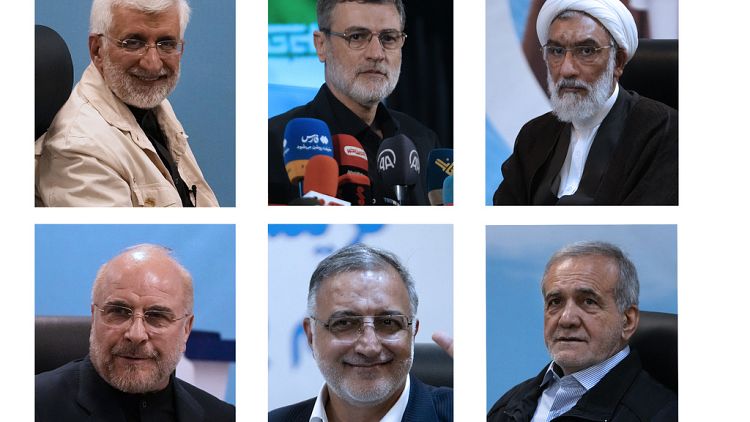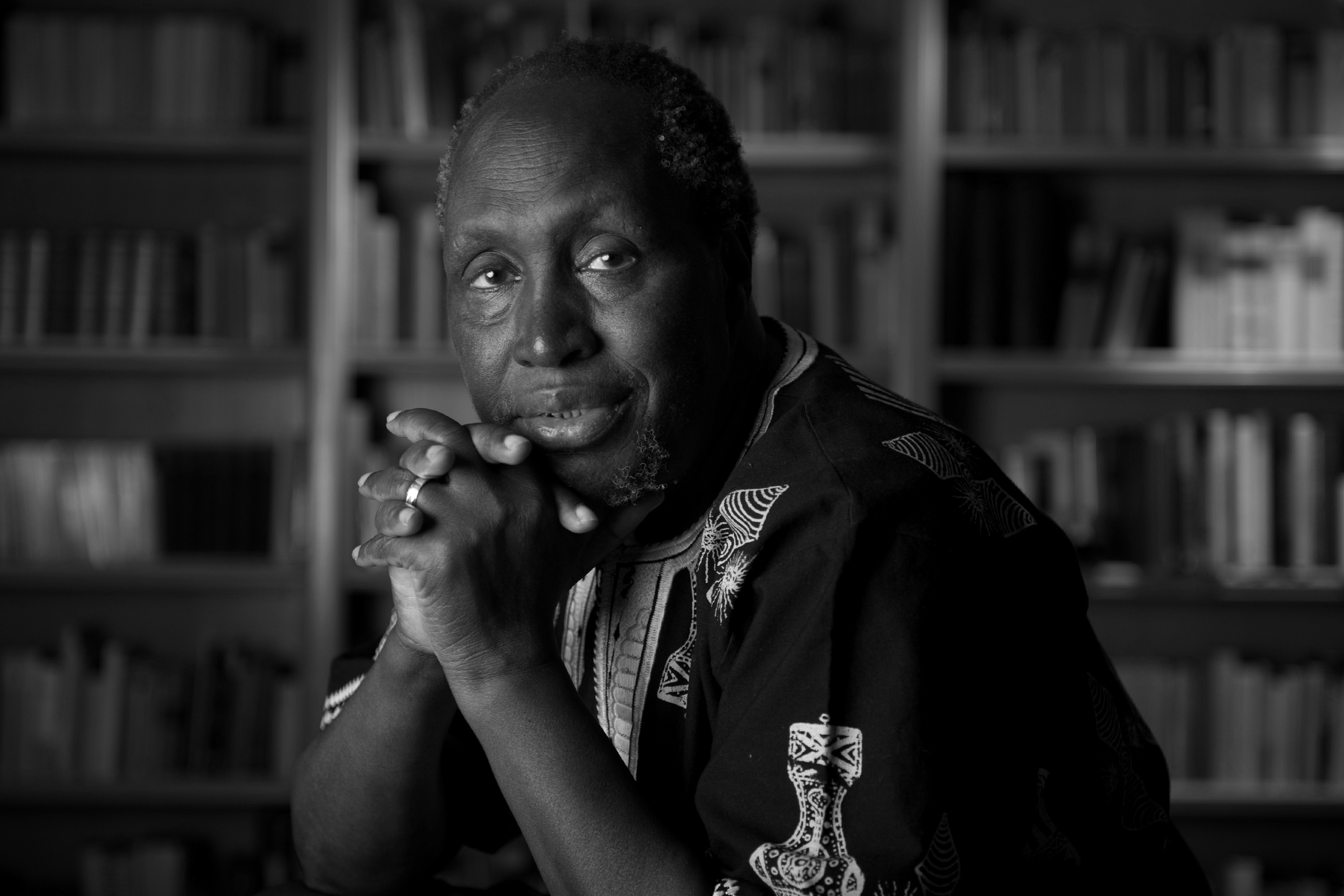Kenyan literary giant Ngũgĩ wa Thiong’o has passed away at the age of 87 in Buford, Georgia, USA. His death marks the end of a prolific career that spanned over six decades, during which he became a leading voice in African literature and a staunch advocate for indigenous languages and cultural decolonization.The Guardian+5Wikipedia+5The Guardian+5The Guardian
Born in 1938 in Limuru, Kenya, Ngũgĩ’s early experiences under British colonial rule profoundly influenced his writing. He gained international acclaim with novels such as Weep Not, Child (1964), The River Between (1965), and A Grain of Wheat (1967), which explored themes of colonialism, identity, and resistance.WSJCapital FM+4Wikipedia+4Nairobi Post+4
In 1977, Ngũgĩ made a significant shift by choosing to write in his native Gikuyu language, starting with the play Ngaahika Ndeenda (I Will Marry When I Want). This decision led to his imprisonment by the Kenyan government, highlighting his commitment to cultural authenticity and linguistic freedom.Citizen Digital+7Wikipedia+7WSJ+7
His influential essay collection, Decolonising the Mind (1986), argued for the importance of African languages in literature and education, challenging the dominance of colonial languages. Throughout his career, Ngũgĩ remained a vocal critic of oppressive regimes and a champion for the marginalized.WSJ+4The Guardian+4AP News+4
Ngũgĩ’s later works, including Wizard of the Crow (2006) and The Perfect Nine (2020), continued to receive critical acclaim, with the latter earning a nomination for the International Booker Prize. Despite facing health challenges in his later years, he remained active in literary circles and academia, serving as a professor at the University of California, Irvine.Wikipedia+3The Guardian+3The Guardian+3WSJ+3AP News+3AP News+3
His passing has been met with tributes from around the world, honoring his contributions to literature, his advocacy for African languages, and his unwavering commitment to social justice.AP News+1WSJ+1





















